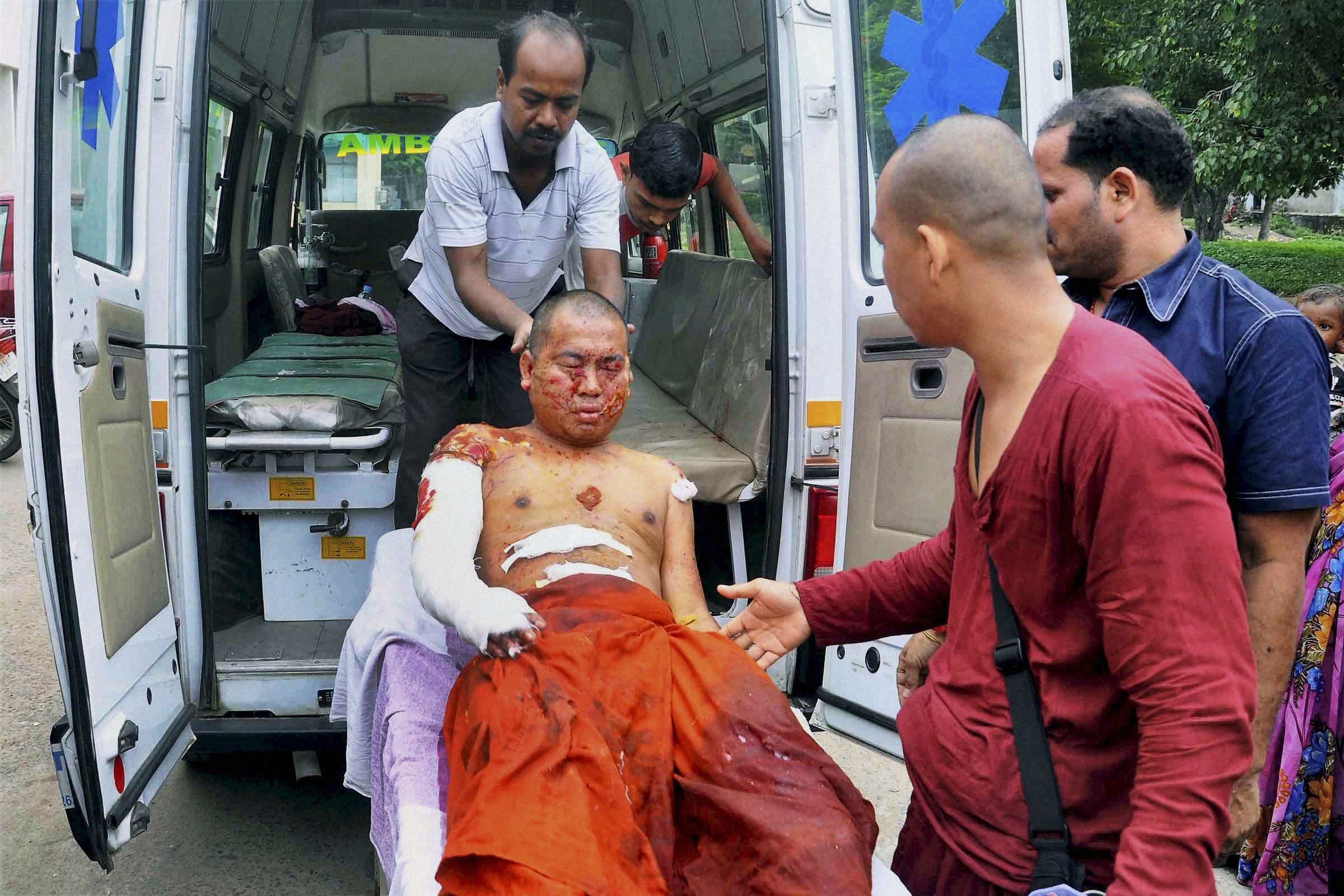
“I hope [these letters] will make you think of the world as a whole and of other people in it as our brothers and sisters…”
Jawaharlal Nehru, Letters from a Father to his Daughter

This is the kernel of Nehru’s socialist idealism. Stemming from an acute sense of pride in humanity, Jawaharlal Nehru reiterated through the letters that man is the highest being, capable of seeing his brethren as an equal and perhaps, an ally during times of crisis. To the young Indira Priyadarshini, this translated into understanding that his internationalism, reflected in his descriptions of countries around the world would go hand in hand with sincere nationalist values. With immense admiration Nehru aquaints Indira with the country’s rich trove of culture and its glorious days when the Ramayana and the Mahabharata were written.
The quality that shines brightest through the collection is Nehru’s understanding, in the garb of a loving father, the potential of young minds as tabula rasa, ever so keen to absorb the world around. The clever statesman and visionary emerges in the letters as a guiding figure, educating 10-year-old Indira about the formation of the earth, the evolution of human and animal life and civilisations and societies of the world.
Nehru explains several complex concepts and natural phenomenon with the right amount of details so as to ignite curiosity, yet retain the attention of a child without overload of information. “The perspectives don’t form bias or judgements but leave enough space to ponder and build one’s own ideas,” argues Sudakshina Bhattacharya, a 27-year-old management professional. The ease of his writing style, coupled with quick allusions to present day situations make the history and theories vivacious as well as readily relatable.
“When I was asked to illustrate the book, it was more than a prestigious assignment for me,” says Ajanta Guhathakurta, painter and illustrator. “I was read out this book when I was a child. They found an echo in me because I, too, have been greatly influenced by my father. It was like a personal journey for me. Though the situation, the people involved and the times were so different from those I grew up in, the emotions that came through were very real for me. It could have been a conversation between me and my father.”
Originally conceived as personal correspondences they were composed in 1928 when Indira was spending the summer in Mussoorie and Nehru was busy with political responsibilities in Allahabad. The letters are exchanges between two inquisitive minds and vouchsafe the fact that Nehru did not take his role as a father lightly even though the service for the nation took most of his time. Apart from helping him to stay connected with his beloved ‘Indu’, writing allowed Nehru to pass on important lessons of life, helping young Indira familiarise with nature, history and widening her horizon. “I marveled at the fact that Nehru wrote the history of humankind in the form of letters. His epistolary style is unique and practically taught me how to write letters,” says Siddhartha Gigoo, writer and filmmaker.
Children learn about the history and evolution of civilisation on the planet, as Nehru suggests in the first letter of the collection, ‘The Book of Nature’, in heavy tomes of geography laden with jargon. But it is those animated descriptions in the letter, tracing the journey of a big chunk of rock into fine grains of sand through gradual processes of erosion, that holds twitchy young readers in rapture even today.
Facets about Nehru’s personality also trickle though the letters, and not unintentionally. The most apparent of these being his passionate advocacy for education of India’s children and youth, which he believes is indispensable for the progress of the nation. Ensuring that his daughter learns as much about history, society and the world around, he approaches these concerns through the lens of ‘scientific temper’, a phrase he coined in his magnum opus, The Discovery of India. Without resorting to unnecessary romanticism, Nehru’s approach to the content is one of rational thinking, questioning, analysis and observations based on the physical, natural reality around.
He also doesn’t shy away from making Indira aware of several uncomfortable realities of our civilisation, such as war and racial domination. His discussions on evolution and adaptability portend the necessity among the younger generations of his time to negotiate with the tumultuous socio-economic and political changes India was experiencing.
The letters on race, civilisation and religion are the highlights of the collection. Reminiscent of Rabindranath Tagore’s philosophy reflected in the poem Where the World is Without Fear, they act as the foundation for imbibing moral values and intelligent thinking, which are essential for overcoming prejudices in favour of justice, equality and peace. Scrutinising how ancient men moved across continents to form tribes and races and how physical attributes developed as a result of the conditions of land and climate, he reasons that illogical beliefs form the heart of several maladies that plague our society.
Ask Koumi Dutta, 25, a research scholar says on the relevance of the book, “The interactions even from isolation, is evidence of a rare and intimate camaraderie between the two, and takes the reader through a surreal journey today, when an hour without the internet seems miserable.” At a time where there is an overabundance of arguments and counter arguments on any given topic, going back to the basics can be refreshing. Here, not only does it refer to the fact that the letters cater to children, but it also leads us to the writer who is the architect of modern India.
There is no dearth of books and encyclopaedia full of pictures, graphics and sketches to educate children on any given subject today. But Letters from a Father to his Daughter offers a glimpse into the cosiness of a bedroom where a father is reciting tales to his child; tales that would ignite her imagination, strengthen her character and help her to lead the country in the long run.




